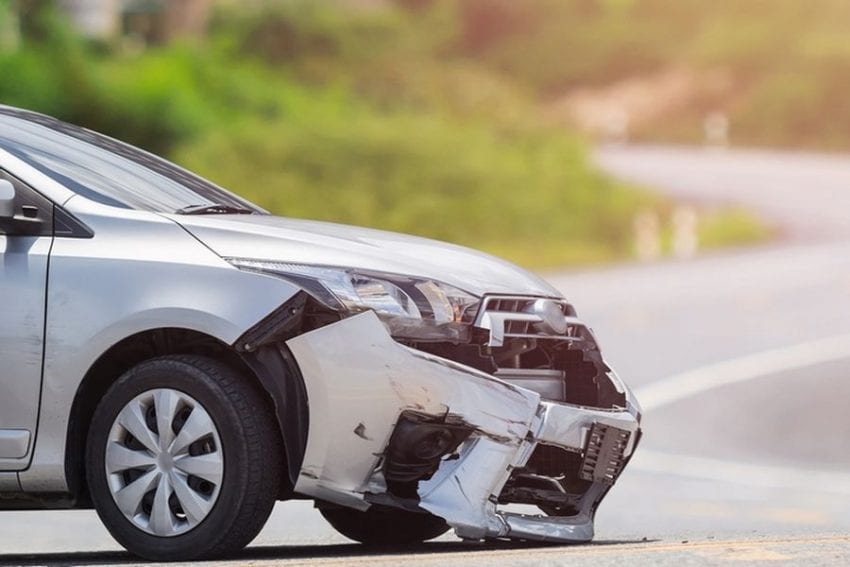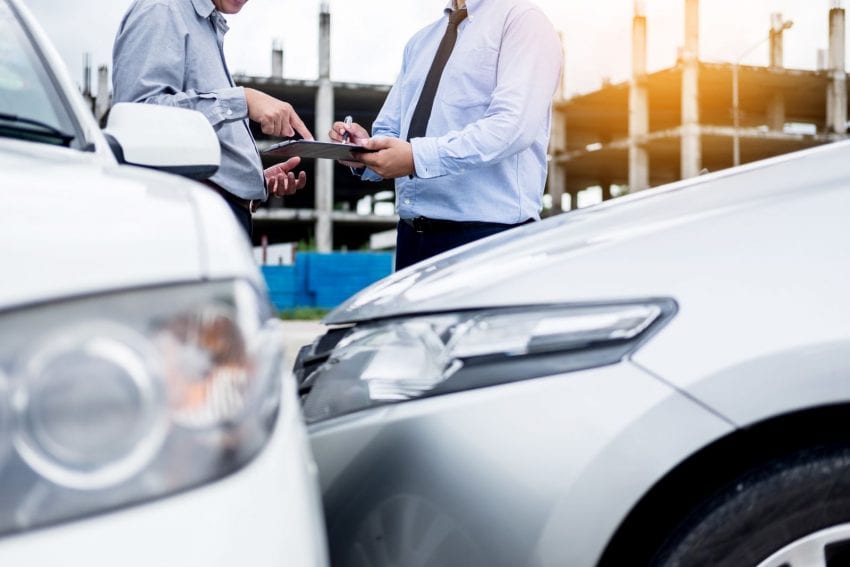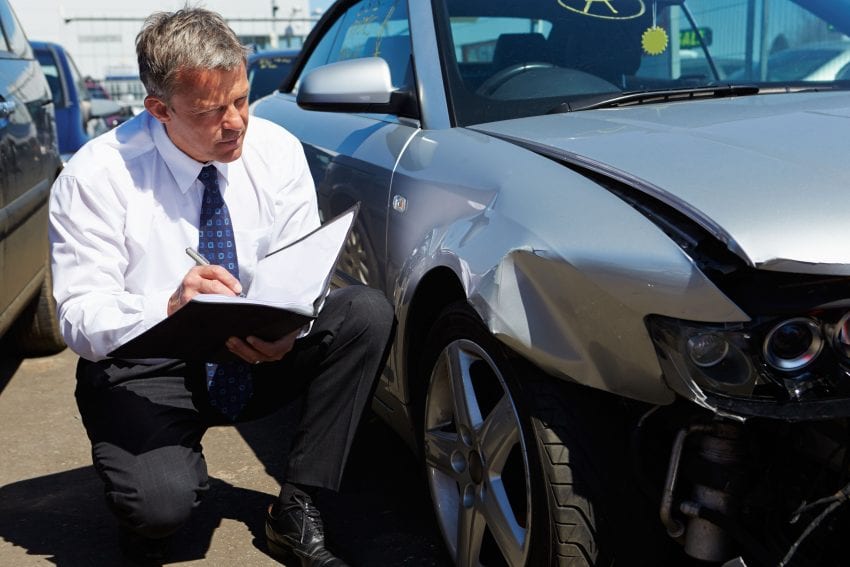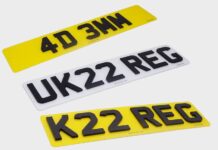Nobody wants to think about ending up in a car accident, but you should be prepared in case it happens. Knowing the steps to take will make the process during and after much simpler. Here are five steps you should take if you’re ever in a wreck.
1. Assess the Situation
Take careful stock of the situation before doing anything else. Car accidents can be ugly, and your first priority should be to see that everyone is okay. Those who are injured should receive medical attention right away. Hopefully, you thought ahead, and have a first aid kit in your car. Paramedics should still be called to the scene, but you can attend to bleeding, cuts, and scrapes in the meantime with the right supplies.
When medical attention has been administered where necessary, visually observe the accident. Take mental notes of the damage done to the vehicles and the events leading up to the crash. If possible, write it down or tell someone to help you remember what happened—memories tend to get fuzzier the longer they sit, so try to get it out there as soon as possible after the event.

2. Call the Police
If medical attention is needed, your first reaction would be to call the police, but if no one is visibly hurt, you might wonder if you need them.
Generally, you should always call the police when you’re in a car accident. They provide many services, including blocking off the scene, bringing along paramedics, and taking a police report of the incidents. They will issue citations to the person who was at-fault, and if you were the cause of the accident, you might want to avoid this. But remember that the police are there to help.
“A trained law enforcement officer from the local police or sheriff’s department can be an invaluable source of help and information in such a confusing situation,” says David Goguen, J.D., in a Nolo article.
3. Exchange Information

You and the other driver should exchange insurance information so the at-fault party can cover the damages and, in some cases, the medical bills. This step should only be completed after all injuries have been treated.
Even if no one is injured and there’s no damage, it’s still a good idea to exchange information. There are fraudsters who will try to scam you with a personal injury lawsuit and getting their information will help protect you from wrongfully paying out.
4. Take Photos and Gather Witnesses
You’ll need evidence to defend yourself in a personal injury case or to file one for yourself, so it’s always smart to take photos and talk to witnesses at the scene. Try to do this right away.
“Doing this quickly avoids issues of having to recall the location, direction, and overall situation,” Sandra Cavoto, owner of a Chicago insurance agency told U.S. News. “If there are any witnesses to the crash, get their name and number as well.”
This information can be compared with the police report to make sure there are no inaccuracies on file. Officers can make mistakes, and your photos and testimonies could be used as evidence to correct them if need be.
5. Hire an Attorney

If you’ve been injured because of a car accident caused by someone else, hire an attorney to help you get the compensation you deserve.
“After you’ve been injured in an automobile crash, there are probably hundreds of questions running through your mind,” says an article from the Law Offices of Lane & Lane in Chicago. “Once you’ve had a minute to collect your thoughts, you’ll want to begin preparing to seek compensation for the damage caused by the negligent actions of the at-fault party.”
The article also encourages you to begin putting those questions to the test when looking for a qualified attorney. You’ll want to ask several questions about the attorney’s experience, success rate, their assessment of your case, fees, and more. A good attorney will be in your corner, and you should feel comfortable using this person to fight for your case. Go with the attorney that comes highly recommended and makes you feel like you can win your case!









